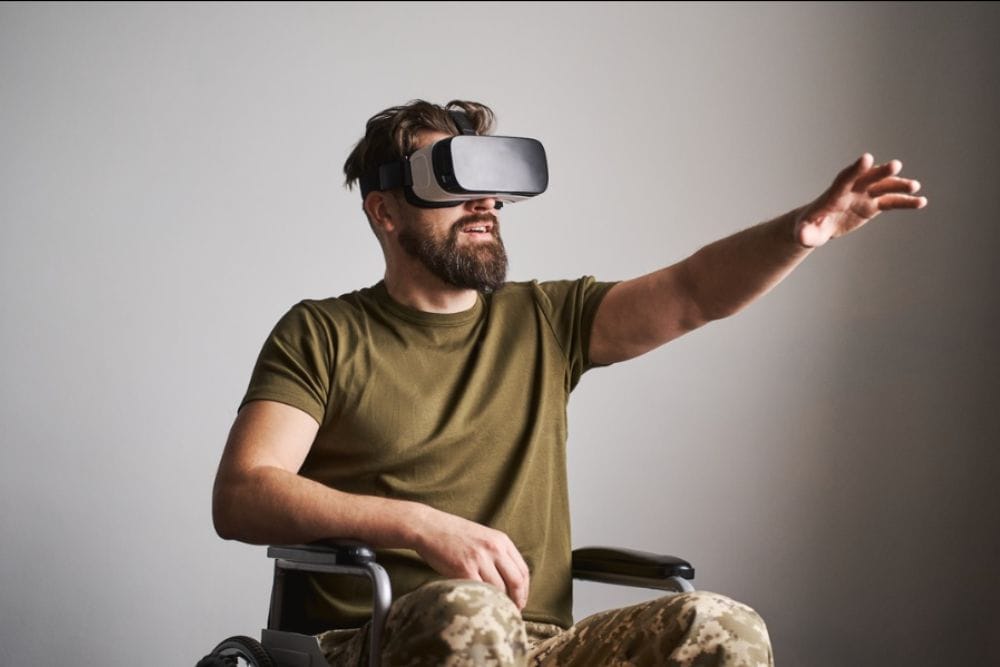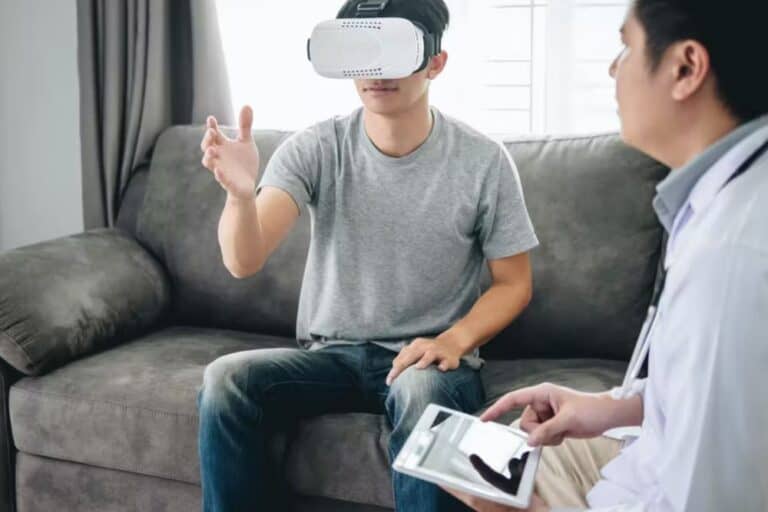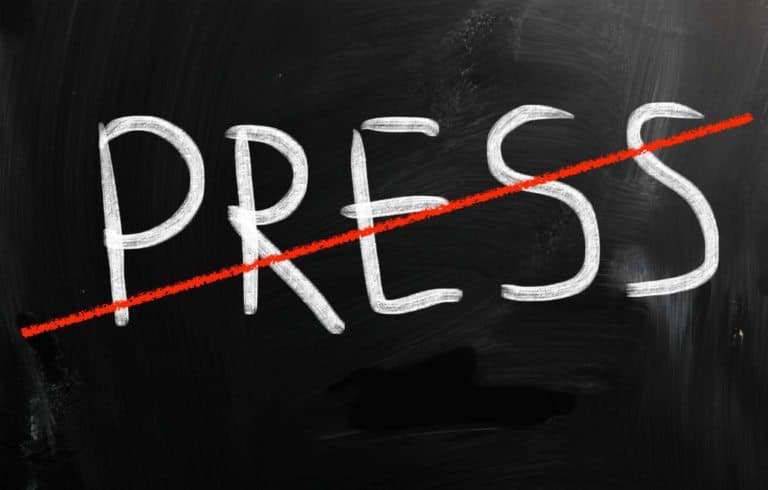Innovative Solutions at the VA: Are They Truly Enhancing Veteran Healthcare?
The Gulf Coast VA recently highlighted its participation in the Veterans Health Administration (VHA) Innovators Network (iNET) Spark-Seed-Spread Investment program, an initiative that claims to revolutionize veteran healthcare through innovation.
While the program’s intent to support frontline staff in developing innovative solutions is commendable, a critical examination raises questions about the real impact of these initiatives on the quality of healthcare veterans receive.
Scrutiny of the Selection Process and Outcomes
The selection process for the iNET program was rigorous, with 156 applicants chosen from over 340 VA employees. However, the effectiveness of these selected projects in genuinely improving veteran healthcare remains unclear. It’s essential to ask whether these initiatives address the core issues veterans face in accessing and receiving quality care or if they are merely superficial attempts at innovation.
Critical Look at the Gulf Coast VA’s Projects
Among the projects highlighted by the Gulf Coast VA is a virtual reality support program during dialysis, led by Tina Johnson. While the use of VR headsets to reduce anxiety and discomfort sounds promising, it’s crucial to evaluate the long-term benefits and accessibility of such technology for all veterans. Are these innovations reaching the veterans who need them most, or are they limited to a select few?
Pharmacists Tiffany Jagel and Nate Smith’s project aims to streamline urgent medication requests. However, the success of this initiative hinges on its implementation and the actual reduction in delays veterans experience. It’s essential to monitor the project’s effectiveness in practice, not just in theory.
Robert Hensley’s invention to indicate empty hand sanitizer stations is a small yet practical step towards improving facility management. But again, the question remains: do these minor innovations translate into significant improvements in veterans’ overall healthcare experience?
The Need for Real Results Beyond Innovation
The Department of Veterans Affairs (VA) has been actively focusing on human-centered design and innovation, which marks a progressive step in their approach. However, the crux of the matter lies in whether these innovations are translating into tangible improvements for veterans’ healthcare experiences. While innovation is important, the real measure of success is in delivering practical, impactful changes that veterans can experience firsthand.
Evaluating the Impact of VA’s Innovations
In assessing the VA’s strategies, it’s crucial to look beyond the initial excitement of innovation. The true benchmark is their ability to produce real, measurable results that enhance the healthcare services provided to veterans. This involves a critical evaluation of how these innovations are implemented and their effectiveness in addressing the core healthcare needs of veterans.
Final Analysis
The VA’s commitment to fostering a culture of innovation is a positive sign, but it requires constant scrutiny to ensure that these efforts are not just surface-level changes. The end goal should be significant improvements in the healthcare experiences of veterans, who have dedicated a portion of their lives in service to the nation. Continued observation and analysis of these initiatives are essential to determine if they genuinely lead to effective, accessible, and high-quality healthcare for all veterans.
FAQs
What is the VHA Innovators Network (iNET) Spark-Seed-Spread Investment program?
The VHA Innovators Network (iNET) Spark-Seed-Spread Investment program is an initiative by the Veterans Health Administration to empower and support frontline staff in developing innovative solutions to improve healthcare for veterans, caregivers, and employees.
How does the iNET program benefit veterans?
The iNET program benefits veterans by fostering a culture of innovation within the VA, leading to the development of new, effective solutions that enhance the quality of healthcare and overall experience for veterans.
What types of projects are being developed through the iNET program?
Projects developed through the iNET program range from technological innovations like virtual reality support for dialysis patients to process improvements in medication delivery and novel communication tools for facility management.
How does the Gulf Coast VA contribute to the iNET program?
The Gulf Coast VA actively participates as one of the 44 VA iNET sites nationwide, supporting innovative projects and contributing to the transformation of veteran healthcare through cutting-edge solutions.
What is the significance of human-centered design in VA’s approach to innovation?
Human-centered design is key to VA’s approach to innovation, as it focuses on understanding and addressing the real needs of veterans and employees, leading to more effective and impactful solutions in veteran care.






All these programs I read about in the VA email news letter never seem to go national or even make it to my VA. I see no integrated care they brag about. What I see is primary care and psychiatric care struggling to just make their annual or semi-annual appointments with a high turnover rate in doctors. Contract Travel Doctors are used that stay only 3 months and create havoc in continuity of care for patients. What the VA needs maybe is quality recruitment finding competent and veteran centric leadership and laying off, retiring, firing poor performers that are not meeting Veterans needs.
I’ve been an RN for decades and in talking to our leadership at the VA I hear constant excuses for VA providers being employee centric and not veteran centric. There is no discipline unless you rock the boat. The things they do on a daily basis I would be fired and reported to the Board such as false documentation which permeates my record.
Small inexpensive things that they use on the national level like monitoring customer service through email surveys, recording calls, measuring quality outcomes all transparently and better if done by a 3rd party unbiased contractor reporting to the whitehouse. Post the results in real time.
All Departments of Community Care should be contracted out to Optum and or Triwest with no control by the VA and separate funding from congress with super transparency, appeals processes. This would stop the VA cold from sabotaging Community Care with all their various strategies I’ve been documenting (dragging their feet on authorizations when there is early appointment availability, incomplete outdated database of providers on the VA locator, year long process for providers to join the CCN, no real quality care outcomes program and feedback from Veterans on providers, still using fax machines which requires multiple handoffs until they are scanned in for a decision maker to see instead of requiring all providers use the portal to upload documents as well as the VA and so many more they are very aware of that they allow to exists to make community care look atrocious.
If my idea of contractors running community care caught traction and was implemented you would see a mass exodus of Veterans using community care for things such as primary care, psychiatric care which is happening now except it would be without any VA control. The VA would wilt on the vine. Let Veterans vote with their feet. Top performing VA departments would become apparent and could serve as a model for other VA healthcare Centers. In my opinion the VA Crisis Line is top notch. Even civilians use it vs the civilian Crisis Line.
Veteran organizations may cry but what about the integrated care and VA cares more about the Veteran. This doesn’t exist yet I’ve read they preach this.
We need real Veteran grassroots efforts to get this accomplished literally a network of Veterans at each every VA facility coordinating efforts and data collection, campaigns for these massive changes done smartly.
Small incremental change is just what they VA loves and gives them plenty of time to circumvent the change as has been shown time and time again.
One more thing. I don’t trust VA doing research which I believe is biased just like Pharmaceuticals doing their own research and coming to our facilities feeding us delicious food so we can swallow their research (marketing). Their research is just another way to rationalize their poor decisions.
Offer Veterans 3rd party Community Care with no VA control and separate funding from Congress done in well planned phases not incrementally.
You tell me the Chicago VA had a suicide? Article reads veterans kill themselves at va in protest.
Some people just gain employment at VA to sabotage and obstruct government and prove to everyone that government is the problem. The veteran is just the fuel and scapegoat. That and they create a powder keg by underpaying these people and overworking them. To top in all off they will deny care if a single treatment cost too much, but spend smaller amounts of money endlessly. Management either incompetent, powerless, or merely there to referee the hopeless shit show…the political gladiatorial area which is a human rights violation since it’s advertised as a healthcare system.
Typical of VA – spend enormous sums of money for stuff that is claimed to be enhancing considerably VA medical care to veterans. In the consulting room with a VA doctor, results, however, remain the same as in the days Medieval times – that is to say, almost zero benefit. VA employees are the problem – primarily primary care. Dental and eye care from our beloved VA is ideal. I love the VA employees of dental clinics and eye clinics. Cowardly yahoo Dr. Kyaw, Ukiah CA and the weasel-face Dr. Westphal of Clearlake CA, primary care, are incompetent and both doctors hide their incompetence by calling the veteran patient a liar and also criminalizing the veteran. No way these two doctors are able even to use these new tools; each is too incompetent. In my view, less poly-annish articles and more focus on results for veterans. Do something besides write another VA blog post expressing a glowing review of stuff not even used by VA employees.
I had to move to another continent for pain management, Menieres, and low testosterone treatment. All of these are service connected but multiple VAs refused to help me because the VA “doesn’t do controlled substances anymore”.
Too bad if you need testosterone injections to function normally or if you need a pain med to ensure you can get through the day. God forbid you’re 100% for Menieres and need a Valium to reduce the severity of the vertigo episodes. Also, God forbid if you are 50% for migraines and need botox injections to combat the migraine attacks. No botox for you because it costs real money. They’d rather save the funds for themselves or for mentally ill trannies to “transition”.
Nope, the VA is only interested in pushing SSRIs for everything. It’s called off label drug usage. It’s malpractice everywhere else but at the VA it’s their “guidelines”.